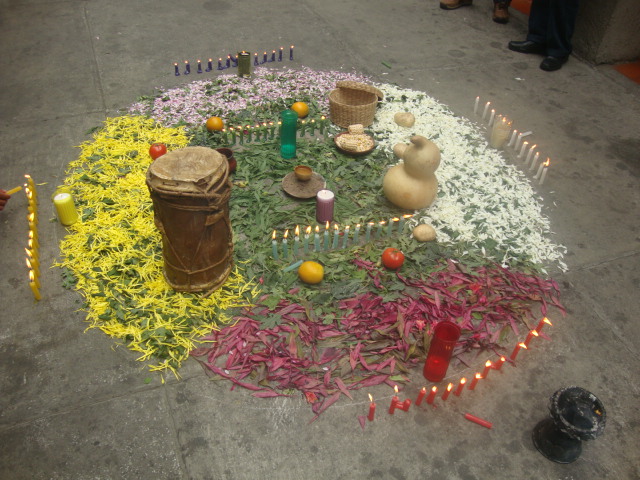
That the celebration of the XIX General Chapter of the Comboni Missionaries may light up their way in humble service to the mission of the Church. Lord hear us.

That the celebration of the XIX General Chapter of the Comboni Missionaries may light up their way in humble service to the mission of the Church. Lord hear us.
This is the third time I have come to Portugal. But a pilgrimage to Fatima and a city break in Porto was a completely different experience than the three months I have spent learning the language, volunteering and living with a local family.

I have been a Lay Comboni Missionary since last October. On September 12th I will be officially sent on a two-year mission to Mozambique. One of the most important stages of preparation is a language course. From May 20, I lived in the village of Duas Igrejas (the name means literally “Two Churches”, although there is only one temple there) together with Gloria and António, a married couple cooperating with the Comboni Lay Missionary movement.
Initially, I compared the Portuguese reality to the Polish one. Portugal is a country with a standard of living similar to Poland, where in the past, due to poverty and joblessness, also many people decided to emigrate. A country where many people still practice their faith; they have a figure of Lord Jesus of Our Lady of Fatima in theirs gardens. Many catholic holidays are celebrated very solemnly there; among others non-working days are Ash Wednesday, Good Friday, the feast of the Assumption of the Blessed Virgin Mary and the Immaculate Conception of the Blessed Virgin Mary.
Fr. João Pedro Martins Ribeiro, local pastor of the three parishes (due to the small number of vocations, parishes are very often combined) presents a more pessimistic picture of religiosity in the country. He says that only a small fraction of the faithful goes to confession, is aware of what they believe and adheres to moral principles. Football is a religion for many Portuguese. Then the most important for them is to eat well and their favorite team to win the game. They go to church for the most important opportunities during holidays or at a funeral, when one of your friends dies – Padre João complains.
People in Portugal are very calm and conflict-free. I have witnessed many times like someone forced right-of-way, cut the road or blocked the passage. It is never used on this occasion horn or profanity. It just slows down or waits. Someone will make a mistake on the road, but I can also forget myself or not notice someone. Why should I react nervously to the mistakes of others? Better to be calm and understanding about everything – says Augusto, the extraordinary minister of Holy Communion and the working driver in the house of the daily stay, when I was a volunteer. Only once did I hear someone speaking a raised voice, I did not notice anyone drunk, I did not encounter any manifestation malice or aggression. The Portuguese are very helpful too. Repeatedly they let me leave mine a backpack in a cafe or ticket office at the station, they bought a beer or dinner when they heard that I had arrived to learn a language. It happened that when I ran to a train station late, the driver heard mine calling and waited for me to jump on the train.
I also experienced a lot of care and love from Gloria and António, who hosted me for three months at home. They took me to lessons and volunteering every day, cooked meals, took me to trips and bought a couple of language study books and two pairs of pants (after I destroyed my own, by unskillfully disinfecting the soles of shoes when entering the house). We joked that I was like them fourth, adopted, child.
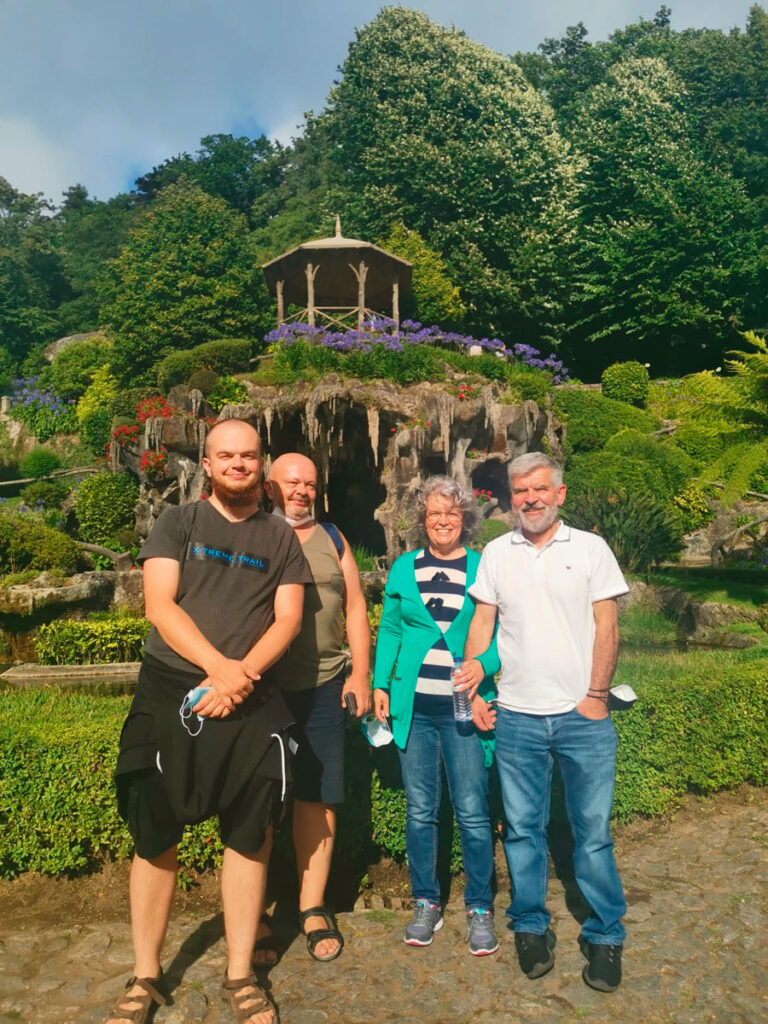
Soon, as a child who still has a lot to learn, I will go to my new home in Mozambique.
I will get to know a new culture, have a new job and build new relationships. Just like in Portugal and before in Uganda, I will leave a piece of my heart there and come back gifted with pieces of hearts people that I will met there.
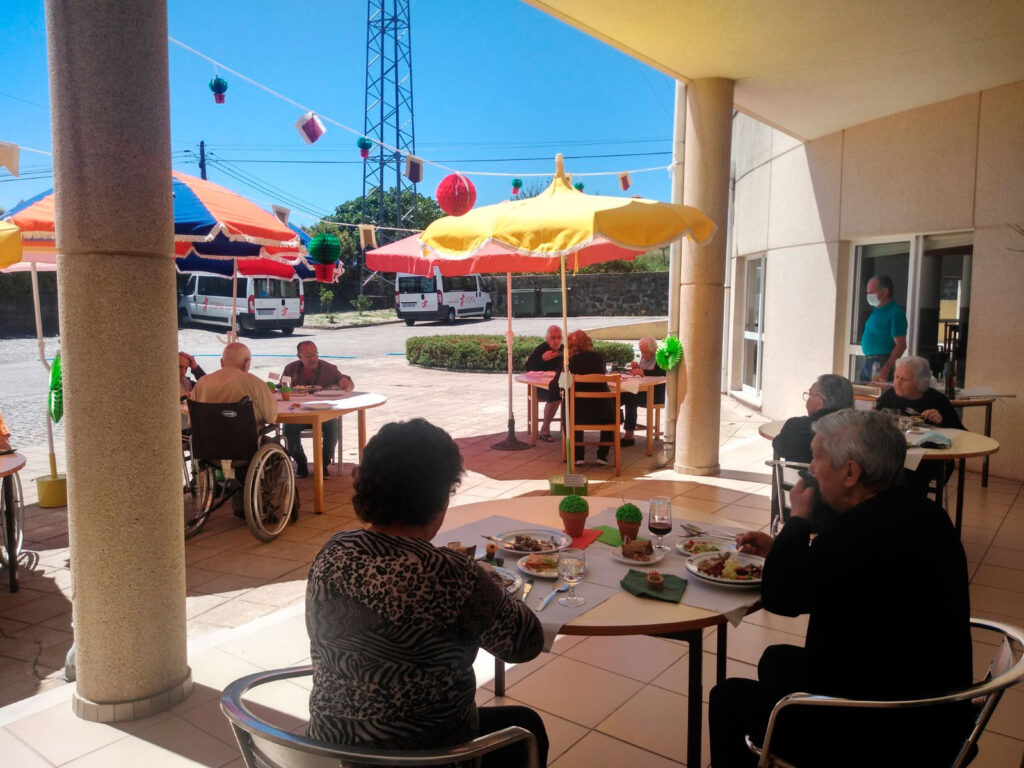
Bartek, Polish CLM

That in all people the sentiments of fraternity and of belonging to the same human family may be strengthened so that we may build up together the values of justice and peace. Lord hear us.
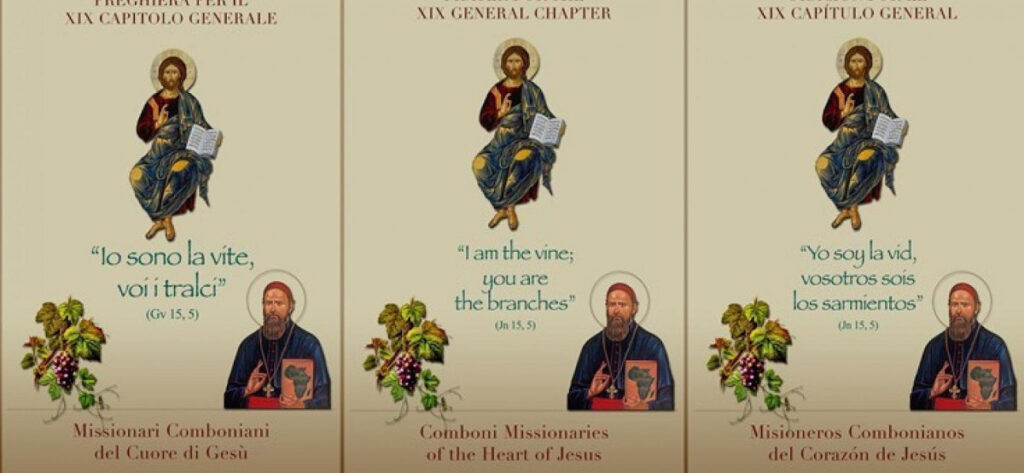
The MCCJ have received the communication from H.E. Mons José Rodriguez Carballo, Secretary of the Congregation for Institutes of Consecrated Life and Society of Apostolic Life (CIVCSVA) – Prot 5191 of 20.7.2021, that the dicastery grants the postponement of the date of the XIX General Chapter to the dates indicated by us i.e. 1 – 30 June 2022 and the consequent extension of the mandate of the Superior General and his Council. A more detailed letter from the Superior General and his Council will follow on 31.7.2021.
The General Council concluded a few months ago that celebrating the Chapter in pandemic conditions this year would pose serious challenges to its organization. Hosting 60 or more delegates from the four corners of the world in different epidemiological situations and with uncertain vaccination coverage would have made the possibility of its development without interruption and without the risk of having to suspend it very precarious.
In analogy with many other international congregations and after extensive consultation with the delegates of the Chapter, the General Council concluded that it was more prudent to ask the Holy See for permission to postpone it. This permission had been foreseen since last year by the Congregation for Institutes of Consecrated Life. The granting of the permission to postpone the Chapter also leads to the extension of the mandate of government for the ordinary administration of the General Council in office, until the beginning of the Chapter in 2022.
In the meantime, the Council will also follow and facilitate where necessary the preparatory work for the Chapter that the pandemic has hampered in many circumscriptions.
“It is with joy that I announce, from the headquarters of the General Assembly gathered in San Fidenzio (Verona/Italy), the election of the new General Responsible in the person of Maria Pia Dal Zovo. We thank the Lord who is accompanying us.
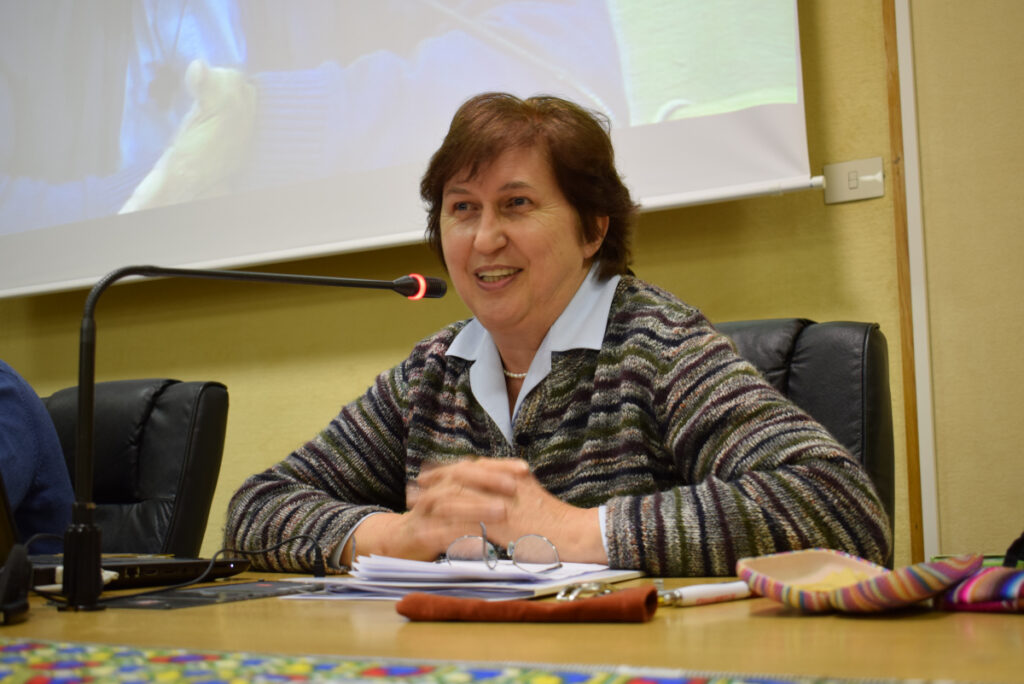
We also inform you that the General Council is completed by Teresa Zenere, Gina Villamar Utreras, Paula Clara Macedo F. Carvalho and Paola Ghelfi, Gina Villamar Utreras, Paula Clara Macedo F. Carvalho and Paola Ghelfi.
We thank you for your remembrance in prayer and your fraternal closeness.” (Teresa Zenere, secretary of the Assembly). Maria Pia Dal Zovo therefore takes the place of Isabella Dalessandro.